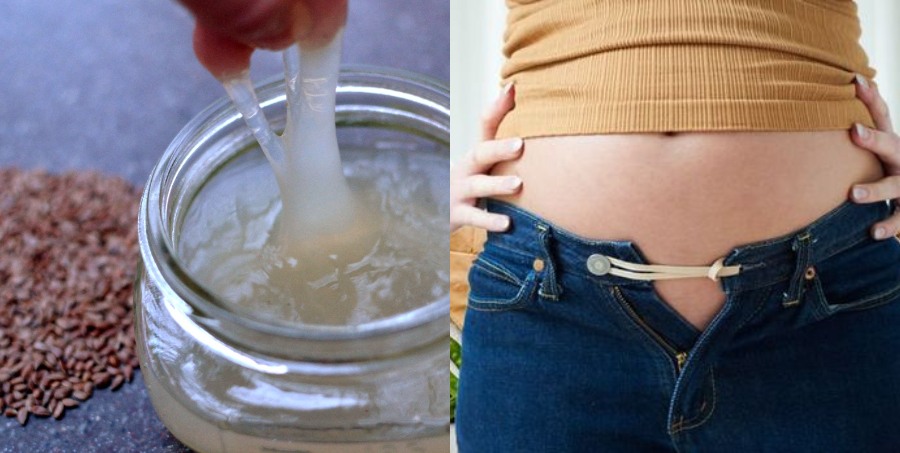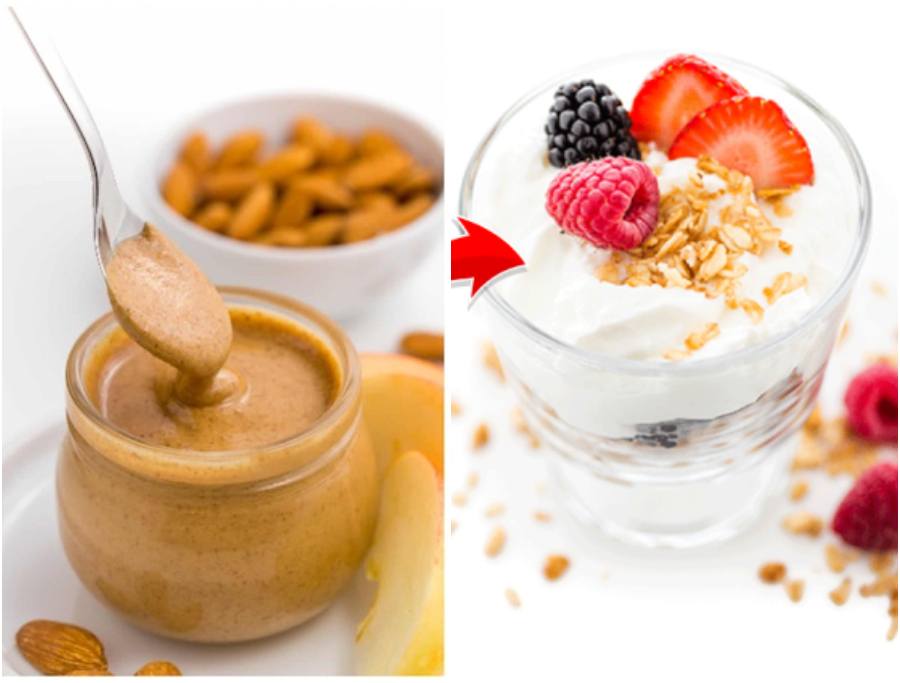People with pre-diabetic and diabetic condition and also those who want to shed weight consider sugar-free artificial sweeteners a boon and an answer to their prayers. Artificial sweeteners are considered best substitutes to refined sugar because they add fewer calories in comparison and do not cause sharp spikes in insulin as such. White/refined sugar has obnoxious amount of empty calories and can raise insulin levels, eventually leading to weight gain and health problems like diabetes and inflammation in the body which in turn can trigger heart problems and stroke. There is a sizeable population in India which is switching completely to artificial sweeteners due to the fact that such sugars have comparatively lower calories. Artificial sweeteners like stevia and aspartame are hugely popular and considered healthy options to refined sugar. But are these artificial sweeteners safe for the body? What are the side effects if you use them life long? Most importantly, if you are trying to lose weight, should you completely switch to artificial sweeteners? Let’s find out:


1. Acesulfame Potassium (Ace-K): 200 to 250 times more sweetness than regular sugar. Popular among diabetics because it has no calories and does not spike insulin. Used extensively in beverages along with aspartame and sucralose. Used extensively in carbonated water, biscuits, cakes, sweets, confectionary, tea and coffee-based packaged beverages.
2. Aspartame: 200 times more sweetness than regular sugar. The most common tabletop sugar, but it loses its sweetness at high temperatures and when heated. Used frequently in frozen and uncooked desserts. Also used in carbonated water, biscuit, bread, cakes, sweets, jam, chocolates, sugar-free products, chocolates, ice cream, flavored milk, cereals.

3. Sodium Cyclamate: 30 to 50 times more sweetness than regular sugar, it’s a synthetic sweetener, used in combination with saccharin. The US Food and Drug Administration had banned this sweetener in 1969.
4. Saccharin: 200 to 400 times more sweetness than regular sugar. Used as a tabletop sweetener, dissolves easily in liquids. It is also quite popular in baking because it maintains its sweetness even when heated. Saccharin claims to add sweetness without calories. Used extensively in chocolates, Indian sweets, sugar-free confectionary, chewing gum/bubble gum.
5. Sucralose: 600 more sweetness than regular sugar. Very popular artificial sweetener that is used in baking because it maintains its sweetness even when heated to high temperatures. It doesn’t raise insulin levels, so popularly used in diabetic products. Used extensively in carbonated water, biscuits, cakes, sweets, jam, ice lollies, candies, confectionary, packaged tea and coffee beverages.
6. Stevia/Steviol glycosides: 100 to 150 times more sweetness than regular sugar. Natural extract from stevia leaves. Whole leaf variant considered safest to be used. Rebaudiside A, stevioside, rebaudiside A are all different variants of stevia. Most common tabletop sweetener.
7. Advantame: FDA-approved tabletop sweetener.
8. Neotame: 7000 to 13,000 times more sweeter than sugar, it is approved as a tabletop sweetener, though not available in packet form yet.
9. Erythritol: Very popular with keto dieters. It’s usually made from fermented corn or cornstarch. It is commonly used in baking, has no bitter aftertaste.
Artificial Sweeteners in the form of Sugar Alcohol:
1. Xylitol: Has up to 2.4 calories/gm. Commonly included in chewing gum, hard candy, throat lozenges, cough syrup, children’s multivitamins, toothpastes, mouthwashes, etc.
2. Sorbitol: Has up to 2.6 calories/gm. Commonly included in sugar-free candies, frozen desserts, baked items, chewing gums.
3. Mannitol: Has up to 1.6 calories/gm. Commonly included in chewing gum, in chocolate-flavored coating agent for ice cream and confectionaries.
4. Isomalt: Has up to 2.0 calories/gm. Commonly included in candies, toffee, cough drops, lozenges, wafers, toffee.
5. Lactitol: Has up to 2.0 calories/gm. Commonly used in chocolate, cookies, cakes, frozen desserts.
6. Maltitol: Has up to 2.1 calories/gm. Commonly used in hard candies, chewing gum, chocolates, baked food, ice creams.
FDA approved artificial sweeteners:
- Neotame.
- Saccharin
- Sucralose
- Aspartame
- Acesulfame K
Artificial Sweeteners Approved by FSSAI (Food Safety and Standards Authority of India):
- Aspartame
- Acesulfame potassium
- Saccharin
- Sucralose
Is Stevia Safe?
FDA has approved the use of steviol glycosides (extracted from the stevia plant). On the contrary, FDA has not yet approved stevia leaves, but surprisingly, stevia in leaf form is considered pretty much safe to be consumed. Stevia is marketed as a safe alternative to refined sugar to add sweetness to your food and palate. The good thing about stevia is that it does not cause an insulin spike in the body. Since stevia is marketed in various forms, one should read the ingredients list carefully to rule out its addition and combination with other sugar forms such as dextrose or maltodextrin which can cause health effects. It’s best to opt for dry stevia leaves because there are fewer chances of adulteration. Also, it’s best to avoid highly processed or refined stevia. Refined stevia extracts are combined with other sweeteners that can spike up blood sugar levels, thereby defeating the whole purpose. Stevia extract, steviol glycosides are considered safe by the FDA (Food and Drug Administration). Green leaf stevia does not go through a lot of processing and is thus safe for consumption. Surprisingly, raw stevia extracts and whole leaf varieties are not yet recognized by FDA.
Artificial Sweeteners Under the cancer-causing radar:
As we have mentioned earlier, certain studies have linked aspartame, sucralose, saccharin to cancer in animals. It is advised to use artificial sweeteners with absolute caution and definitely in moderation.
Can Someone Gain Weight with Artificial Sweeteners?
Yes, of course! When compared to refined sugar, artificial sweeteners do have lesser calories, but they do have calories and if you go overboard adding artificial sweetener in everything, you would end up gaining weight! Natural sweeteners like honey and jaggery are much better options because they are not processed or refined and get metabolized by the body in a natural way.
Common Side Effects of Artificial Sweeteners:
- Weight gain. Yes, you heard it right! Contrary to what most people think, prolonged use of sweeteners can lead to weight gain because they do have calories even if they are less in comparison to refined sugar.
- Certain studies have linked some artificial sweeteners with cancer in animals.
- Artificial sweeteners have been found to interact with microbes in the gut and altering their population in the gut.
- Artificial sweeteners can affect teeth in the long run.
- Too much artificial sweeteners in the long run may actually increase the risk of type 2 diabetes.
- Clinical studies have not yet linked artificial sweeteners with weight loss, so using them to drop weight is not advised.
Natural and Safe Substitutes for Artificial Sweeteners:
- Honey
- Maple syrup
- Coconut sugar
- Banana
- Raisins
- Apple Sauce
- Jaggery
- Molasses
- Palm sugar
- Agave Sugar
Popular Artificial Sweeteners in India:
These are some of the most commonly used sweeteners in India:
- Splenda – Sucralose
- Equal/Nutrasweet – Aspartame
- Erythritol
- Nutrasweet
- Spoonful
- Indulge
We strongly advise against the use of artificial sweeteners on a daily and regular basis. Whole stevia leaves are the safest option, but even then, natural forms of sugar that have not been processed or refined should be given preference.





